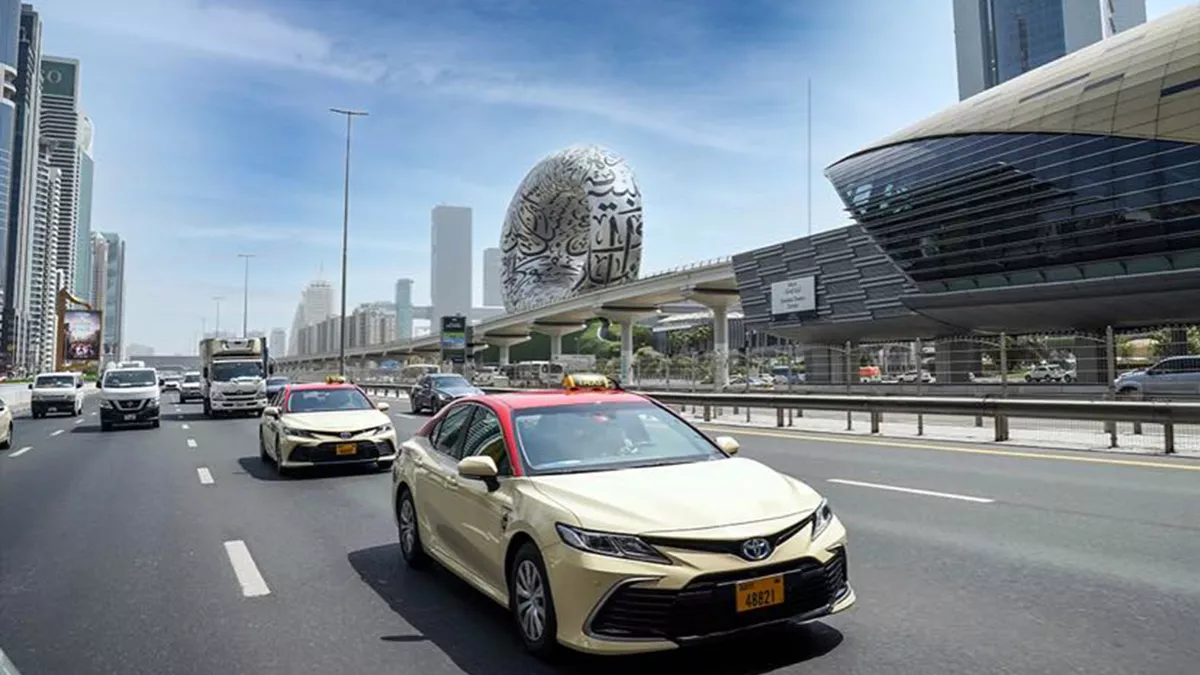Dubai Taxi Corporation has launched its strategic plan for digital transformation 2022-2025
08 Aug 2023
News
Dubai Taxi Corporation (DTC), a part of the Roads and Transport Authority (RTA), has unveiled its digital transformation strategy for 2022-2025. This strategy aims to achieve a number of strategic goals, including digital mobility, great operation, financial sustainability, people's happiness, and future shaping.
The plan is based on nine core drivers, which are as follows: artificial intelligence, smart revenues, the Internet of Things, smart cities, big data, governance, security systems and improved systems, process automation and paperless initiatives, future transformation, and smart services.
Artificial Intelligence
DTC's digital transformation strategy's nine major drivers include 45 projects, including artificial intelligence. These initiatives include an automated AI response (chatbot) to customer inquiries, voice virtual assistance at the call centre to respond to customer requests and inquiries, a Taxi Demand Prediction System to distribute vehicles based on entered data, and a Driver Face Recognition System to verify the driver's identity and comply with security measures if the vehicle is only used by an unauthorised driver.
The AI driver also includes a project to create a Customer Voice Recognition System to validate the customer's identification, as well as a project to leverage Augmented Reality to improve the customer experience and advertise DTC's services. It also includes installing onboard sensors and connecting them to internal systems to receive notifications before malfunctions occur, researching the establishment of an integrated system for registering companies supplying foreign workers on the supply platform, and strengthening communication with companies in order to improve DTC's performance in attracting and appointing drivers.
Smart revenues and the Internet of Things
The development of areas of interest on the DTC App that give company highlights, a school bus trip tracking system that allows parents to follow journeys, the simplification and automation of administrative procedures, and the opportunity to pay through the portal are all part of the smart revenue. The Internet of Things focuses on creating a system that employs artificial intelligence to automate procedures and processes.
Smart City and Big Data
The smart city is concerned with the integration of DTC's e-services with service locations and the provision of these services to external clients. The big data contains a smart scale for clients using the DTC App to rate drivers' performance. It also comprises data rearrangement in DTC's data centres to aid in data integration and analysis to enhance decision-making and forecasting. It also unifies all services under DTC's single platform, facilitating customer access to DTC's services, and another system that connects DTC's external and internal systems (Integration layer - API connector) via secure channels to streamline the integration of new systems with existing systems.
Governance, Security, and Systems Upgrade
This programme focuses on safeguarding DTC's database and monitoring systems in order to avoid interruptions caused by server outages.
Process Automation and Paperless Strategy
This aspect focuses on initiatives that benefit employees, such as implementing an attendance management system, collaborating with the Dubai Government's digital recruitment platform (recruitment and onboarding), and automating a smart educational system designed for a smart driver learning system (LMS). It also includes the paperless programme, which aims to reduce and automate DTC's paper process transactions while developing a strategy to reduce the usage of paper transactions and carbon emissions.
Future Transformation and Smart Services
The future transformation focuses on developing a system to manage passenger movement for taxi and limousine services at Dubai airports, creating a Drivers Airport Queuing System for taxis and limousines at Dubai airports, and researching the construction of a virtual control centre that allows control centre staff access to the systems from any location. The approach involves smart services involving the integration of a customer relationship management system, as well as the development and automation of new services for drivers, staff, and suppliers.
